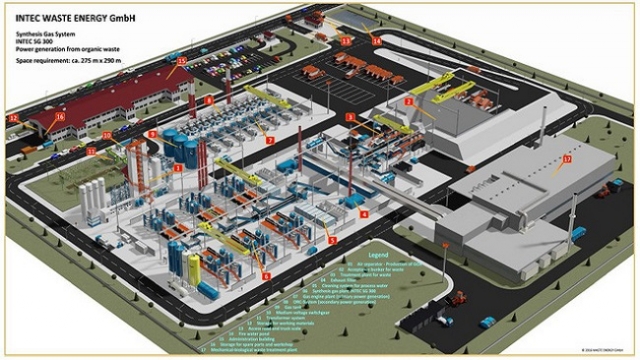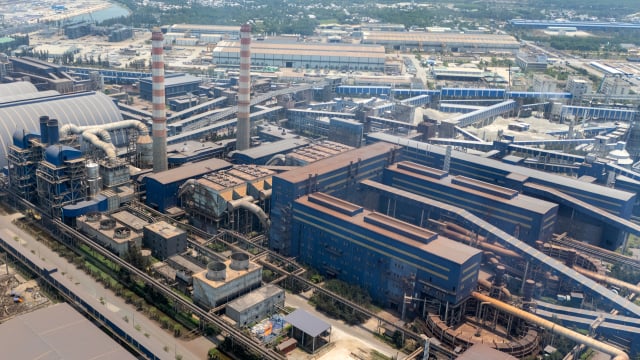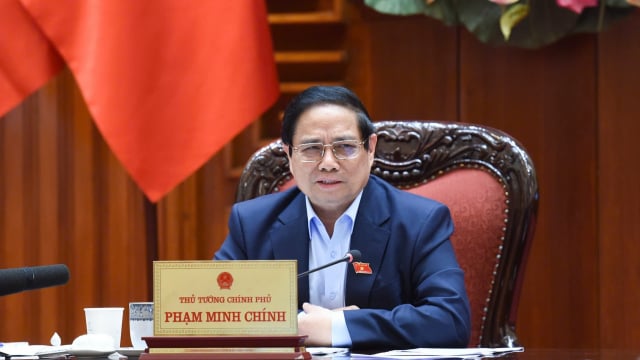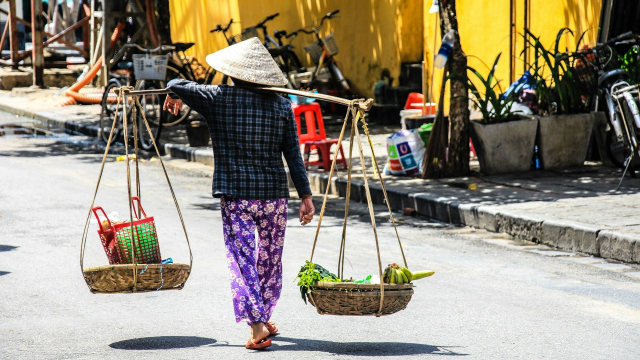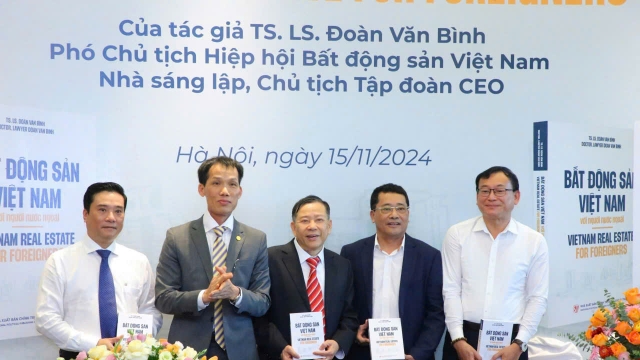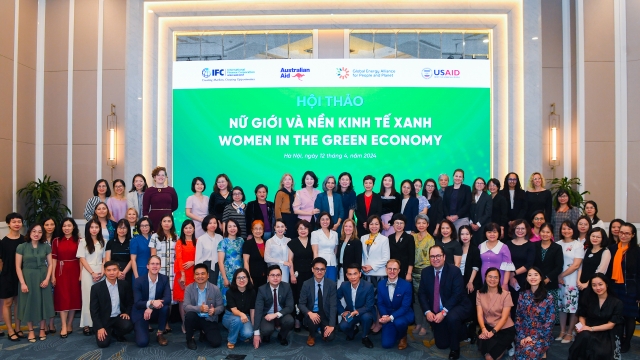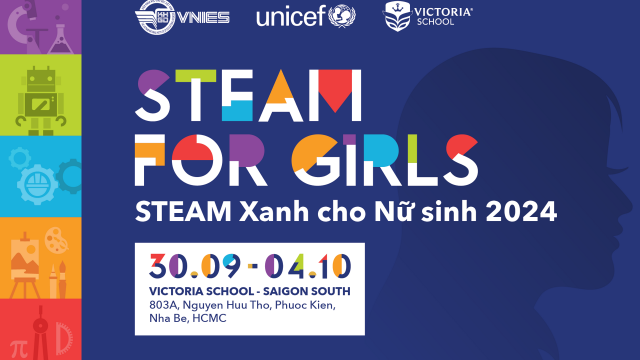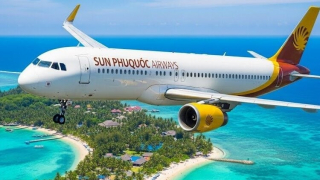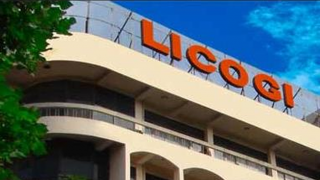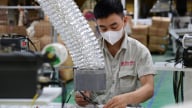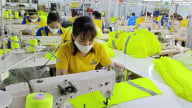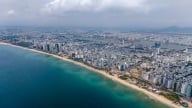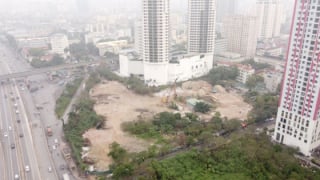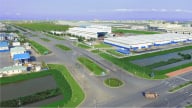National Focus
Finnish expertise set to revolutionize waste management in Vietnam
While Vietnam’s 93 million people are generating 1.2 kg of solid waste each per day, with about 16 per cent of this being plastic waste finding its way into waterways and the sea, Finland is seeing them as a valuable resource.

Led by Finland's Minister of Economic Affairs Mika Lintilä, twenty Finnish companies descended upon Hanoi to share world-leading expertise the Nordic nation has developed in converting waste to energy and ICT.
“Finland leads the world in Waste to Energy (W2E) technology. As Vietnam continues to develop both its power needs and the demand for clean energy and innovative ways to treat waste from households as well as agriculture and industry become paramount," said Saku Liuksia, Program Manager for Waste to Energy and Bioenergy from Business Finland.
Indeed, recent data shows that each of Vietnam’s 93 million people is generating 1.2 kg of solid waste each per day. And about 16 per cent of this is plastic waste, much of which finds its way into waterways and the sea.
Impressively, most of the waste in Finland in particular and EU, in general, has been utilized, with only less than three per cent of them being buried underground compared to 80 per cent in Vietnam.
Saku Liuksia highlighted the local efforts of several such Finnish enterprises, including BMH’s TYRANNOSAURUS technology to turn solid, non-hazardous into SRF (Solid Recovered Fuel); Fortum's electricity, heating and cooling and recycling and waste solutions for the cities and industry customers; and Simosol Oy's services for forest asset valuations, due diligence and pre-feasibility studies of forestry and bioenergy projects.
BMH´s Minna Vilkuna stated that Vietnam’s rapid urbanization and industrialization has led to a significant increase in municipal solid waste (MSW). It is estimated that 76 - 82 per cent of the total collected MSW is disposed at dumping sites and landfills, almost all of which are located around urban areas.
"The quantity of MSW is expected to grow in future, so at BMH we are discussing ways in which we can assist Vietnam to reduce landfilling and convert this MSW into clean energy for the nation’s grid,” said Minna Vilkuna.
Her counterpart at Fortum, Juha Suomi, remarked that due to the tightened law in other countries, notably China, Vietnam has been receiving tons of second-hand products, including 36 million kilograms of recovered plastics this year, up from 18 million kilograms over the same period in 2017.
According to the Vietnam Maritime Administration, as of May 2018, nearly 28,000 containers were stuck in seaports across Vietnam, including from electric cords, outdated household appliances, second-hand fabric and used cars to plastic scrap.
“Much of this stranded waste, which at present is taking up space in the country’s busy ports could be converted to electricity for households and businesses nationwide,” said Suomi.
Simosol Oy’s representative Jussi Rasinmäki said that Vietnam's agricultural and manufacturing sectors lead to by-products that can be both environmentally harmful and reusable as sources of clean energy. Industries that have been previously flagged for this in agri-waste include bamboo, cassava, coconut, coffee, jatropha, rice, sugarcane, and wood.
However, these enterprises say that there are still challenges in applying modern technologies to convert waste into energy, especially in developing countries' large cities. Those are the 'gate fee" required by local companies when importing waste to convert into energy to replace coal, time-consuming procedures...
Finnish Company to invest US$33 million into a clean energy project in Hanoi
Resolution 68: A turning point in Vietnam's private sector policy
As Vietnam sets its sights on becoming a high-income country by 2045, Resolution 68 lays a crucial foundation. But turning vision into reality requires not only good policy - but also unwavering execution, mutual trust and national unity.
Vietnam plans upgrade of Gia Binh airport to dual-use international hub
Vietnam plans to upgrade Gia Binh Airport in Bac Ninh province into a dual-use international airport to support both military and civilian operations, the government said on Friday.
Lives under the scorching sun: Outdoor workers racing against climate change
Under unforgiving conditions, the outdoor workers - the backbone of urban economies - endure the harshest impacts of climate change while remaining overlooked by social safety nets. Their resilience and struggles highlight the urgent need for better protection in the face of rising temperatures and precarious livelihoods.
CEO Group chairman unveils guide to Vietnam real estate for foreigners
Doan Van Binh, Chairman of CEO Group and Vice President of the Vietnam National Real Estate Association, introduced his latest book, “Vietnam Real Estate for Foreigners,” at a launch event in Hanoi on Friday.
Women leading the charge in Vietnam's green transition
Acting for increased women’s participation and leadership in climate action, Vietnam can accelerate a transition that is more inclusive, just, and impactful.
Steam for girls: A journey of passionate and creative girls
The "Steam for girls 2024" competition provides a creative platform for Steam and an opportunity for students to connect with peers from various regions within Vietnam and internationally.















